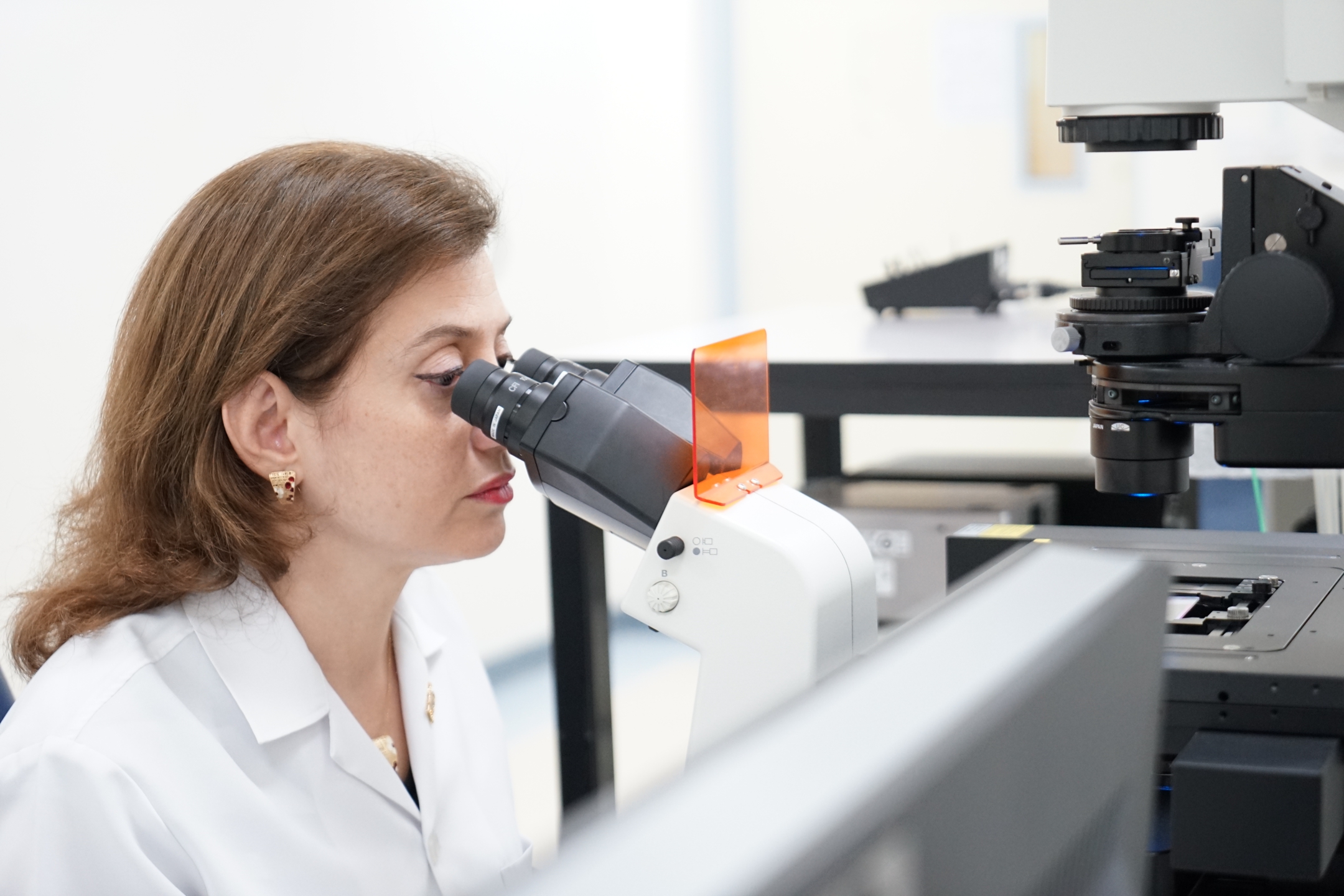
Tobacco use is one of the leading causes of non-infectious disease deaths worldwide. Globally, and in the Middle East, cigarette smoking and alternative forms of tobacco smoking such as shisha and dokha has attracted serious public health concern.
Professor Sausan Al Kawas from University of Sharjah lead an investigation, supported by Al Jalila Foundation, on the effects of smoking dokha and other tobacco on the composition of oral microbiome in relation to oral health and associated with increases in the risk for cardiovascular diseases, diabetes and obesity.
The oral microbiome plays a key role in human health and contributes to many diseases including both oral and systemic diseases such as cardiovascular disease and cancer. Tobacco smoking affects the microbial ecology through several mechanisms leading to unbalanced microbiome or dysbiosis.
The effect of smoking different tobacco types on the supragingival and subgingival microbiome has not been reported previously.
By conducting a comprehensive oral examination and assessment of oral microbiome composition in different groups of smoker and none smoker individuals, the team found altered subgingival microbial communities in smokers. These findings suggest that periodontal microbiome dysbiosis is promoted by smoking tobacco and is associated with periodontitis.
In conclusion, cigarettes and alternative types of tobacco including dokha and shisha significantly altered both supragingival and subgingival plaque microbiome. Understanding the factors which alter the microbial community in the oral cavity is crucial to the design of health-promoting strategies for tobacco cessation for better oral and general health.

